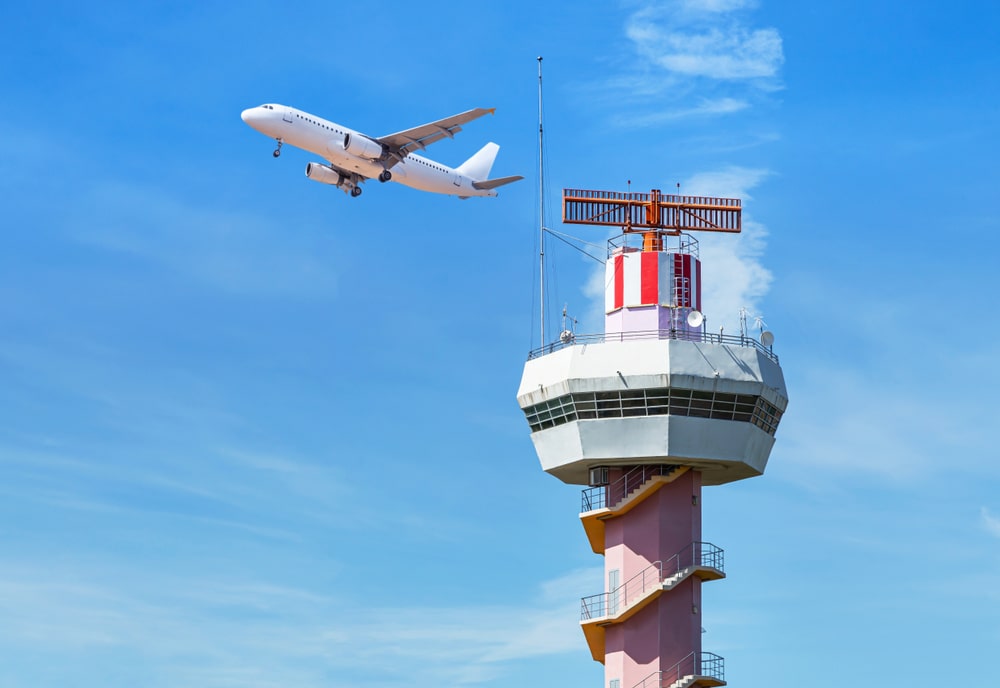
In August last year, a pilot of a business jet travelling to Dubai found himself nearly navigating his plane into Iranian airspace. The pilot reported that his onboard navigational systems have been misled by GPS signals, resulting in him going off course.
In the coming weeks and months afterwards, more pilots flying in the Middle East reported similar cases, as reported by OpsGroup, a membership organisation for pilots and flight dispatchers. This has impacted aircraft of all sizes from small business jets to large Boeing 777s, reports Foreign Policy.
These incidents were what experts call “GPS spoofing”, where false signals are broadcast in an effort to trick the aircraft’s electronic GPS into thinking it is somewhere that it is not. This is different from jamming, which is a common practice used in war zones and sensitive military sites to deflect drone or missile attacks. Normally, pilots are aware of such hot spots using jamming and rely on alternative navigational systems when entering these areas.
However, spoofing is different, as it can infect the plane’s inertial reference system (IRS) and in doing so make an aircraft veer off course and into potentially dangerous territory, as had occurred in August.
“Since August 2023, a new variety of GPS spoofing is being reported by crews, where the signal is sufficiently strong and of sufficient integrity to feed the aircraft systems… The result is that within minutes, the IRS becomes unusable, and in many cases, all navigational capability on board is lost,” was the verdict in a discussion paper from the February Meeting of Middle East Office of International Civil Aviation Authority, a UN Agency.
The issue is not just limited to the Middle East: countries in Northern Europe have been experiencing a sharp increase in disruptions to GPS signals since Russia’s invasion of Ukraine in 2022, with a surge in December last year, according to GPSJam.org.
GPS jammers are also interfering with US domestic travel, with GPS interference at Dallas Fort Worth, causing flight delays and the closure of a runaway too.
However, the overall threat of airlines and pilots from GPS spoofing is relatively low. There is now more awareness among pilots and airlines to take effective action in the event of a spoofing, such as shutting off GPS and relying on alternative navigation systems, reports Foreign Policy.
Ultimately, it is the other risks which carry geopolitical implications that are worrying many experts.
“One of the most likely scenarios is that some airplane gets spoofed and accidentally flies into Iran and gets shot down because they’re in Iranian airspace”, said Dana Goward of Resilient Navigation and Timing Foundation, a non-profit advocating for more secure GPS systems.

Related Articles
Aviation
Aviation
Aviation